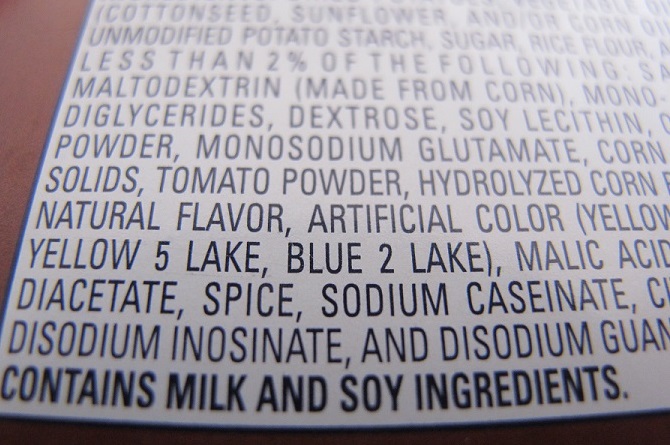Food Allergen Labeling
 IHateNickel Posted on
IHateNickel Posted on  Wednesday, March 5, 2014 at 12:01PM
Wednesday, March 5, 2014 at 12:01PM

Wondering how food allergen labeling is regulated in the U.S.? The Food and Drug Administration (FDA) regulates the labeling on food products for eight major food allergens:
While more than 160 foods can cause allergic reactions in people with food allergies, the law identifies the eight most common allergenic foods. These foods account for 90 percent of food allergic reactions, and are the food sources from which many other ingredients are derived.
The eight foods identified by the law are:
- Milk
- Eggs
- Fish (e.g., bass, flounder, cod)
- Crustacean shellfish (e.g. crab, lobster, shrimp)
- Tree nuts (e.g., almonds, walnuts, pecans)
- Peanuts
- Wheat
- Soybeans
These eight foods, and any ingredient that contains protein derived from one or more of them, are designated as “major food allergens” by FALCPA.
Three of these allergens - soy, tree nuts, and peanuts - contain high levels of nickel. Food products with these allergens may need to be avoided by nickel allergy sufferers who are following a low-nickel diet.
For more information about food allergies, how to read the labels, and what the FDA regulates, visit the FDA website.

Reader Comments